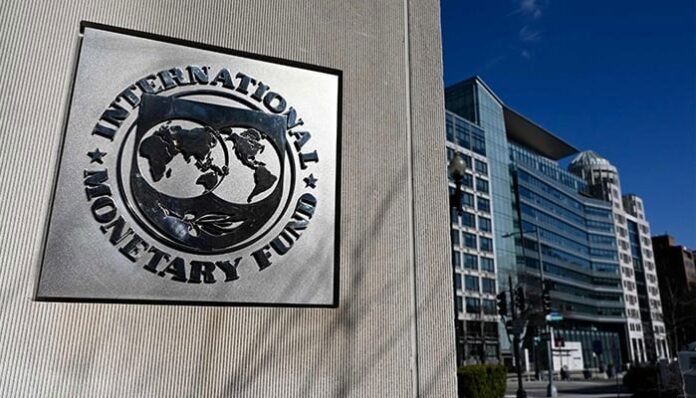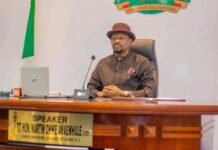The International Monetary Fund (IMF) has called on the Federal Government to prioritise fiscal policies that strengthen public finance management and capital expenditure on infrastructure and education in order to consolidate the country’s macroeconomic gains.
On the back of the higher growth projection for the country, IMF said Nigeria must muster further political will to implement additional fiscal policies that reinforce emerging gains and reduce vulnerabilities to domestic and external shocks.
The IMF had raised Nigeria’s growth forecast to 3.9 per cent in 2025 and 4.1 per cent in 2026, citing improvements in the country’s macroeconomic outlook.
Speaking yesterday during the Fiscal Monitor session at the ongoing World Bank/IMF Annual Meetings in Washington DC, Division Chief, Fiscal Affairs Department IMF, Davide Furceri, said that Nigeria’s ongoing fiscal and structural reforms were neutral and well aligned with monetary policies designed to curb inflation and stabilise the economy.
He advised Nigeria to focus on revenue and expenditure sides of public finance.
He said: “Nigeria has made significant progress in recent years. Several laws have been passed to streamline the tax code, reduce tax expenditures and ease the compliance burden for businesses and coerce. These are steps in the right direction”.
He called for greater efficiency in public spending to ensure better outcomes for citizens.
According to him, optimising how resources are allocated and spent could deliver substantial economic and social gains.
“In addition, it is important to increase social spending, particularly to support vulnerable households and ensure inclusive growth,” Furceri said.
He urged Nigeria to continue to implement key fiscal and monetary reforms under its medium-term economic framework, fiscal discipline, improved revenue generation and enhanced transparency in public finance management.
![]()










